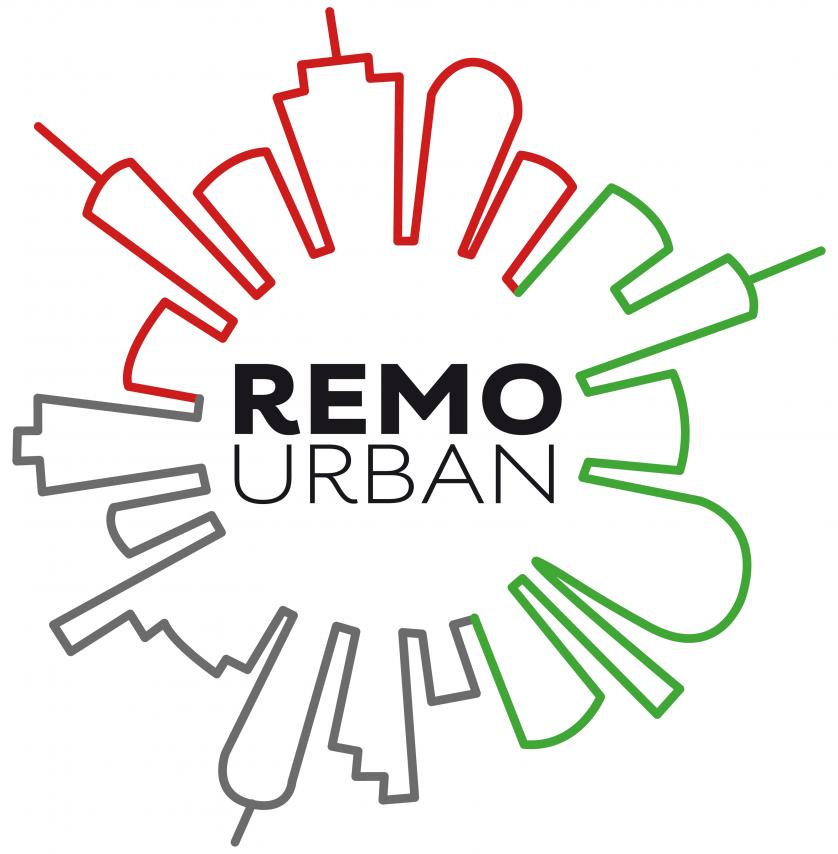Lighting the way: a sustainable urban regeneration model for Europe’s smart cities
youris.com EEIG

From 17 to 19 February, the European project REMOURBAN held its kick-off meeting in Valladolid, Spain. It marks the first step towards producing a model for turning our towns and cities into smart urban spaces for the future.
Five cities, five countries, the same drive to integrate infrastructure and future-proof their urban spaces against a backdrop of environmental challenges that go well beyond their municipal boundaries. That’s why Nottingham (UK), Tepebasi (Turkey) and Valladolid (Spain) have come together as ‘Lighthouse’ cities to map out a path for a transformation approach combining energy, mobility and ICT. Joining them are two follower cities, Seraing (Belgium) and Miskolc (Hungary), both committed to verifying replicability of the REMOUBAN approach on their own turf.
As a successful bidder in the first Smart Cities and Communities call, REMOURBAN is at the forefront of large-scale urban innovation spanning not just technology, but management and social engineering too. The challenge is to join up these three areas of innovation so that they can be applied across all of our towns and cities while embracing the specific features and issues each place has. Far from imposing a “one size fits all approach”, the REMOURBAN initiative is designed to serve as guide for other cities, to help them navigate their own shoals and choppy waters in order to ultimately find a channel for safe passage to sustainability.
The Lighthouse and follower cities in REMOURBAN reflect diverse levels of population growth, housing needs, infrastructure and public awareness. Nottingham for example is the first city in the UK to have stringent environmental standards for all buses entering the city centre since transport there requires particularly innovative management. The municipality of Tepebasi is part of Greater Eskisehir with students representing up to a third of its population. One of the policies there is to increase the use of bicycles. And one of the follower cities, Seraing on the other hand has an older population with many inhabitants in retirement.
Embracing such diversity and bringing together an actionable transformation approach will involve a high level of organisation with each partner playing a decisive role. That was what the kick-off meeting in Valladolid was all about. One of the work sessions focused on some of REMOURBAN’s core aspects: engaging with local populations to build consensus, and localising project content in order to empower citizens and reach out to a wide range of stakeholders. Delegates tackled the initial steps of how to achieve social acceptance of sustainable business models, how to balance the flow of information between global and local levels, and what objectives and metrics need to be defined for each city. To support these endeavours, REMOURBAN will set up and draw on local desks and correspondents that will be the glue between each city and the project, thus ensuring a multi-channel dialogue to engage with technology experts, citizens and policy makers.
Each city already has a vision for its urban sustainability and REMOURBAN will seek to build on this and gain maximum leverage from local experience and expertise. The consortium includes municipalities, research institutions, large industries and SMEs whose inside knowledge and connections will be key to delivering a joined up vision to share far and wide. The kick-off is thus the first step of many over the next five years in a drive to produce a major benchmark in smart urban transformation.



